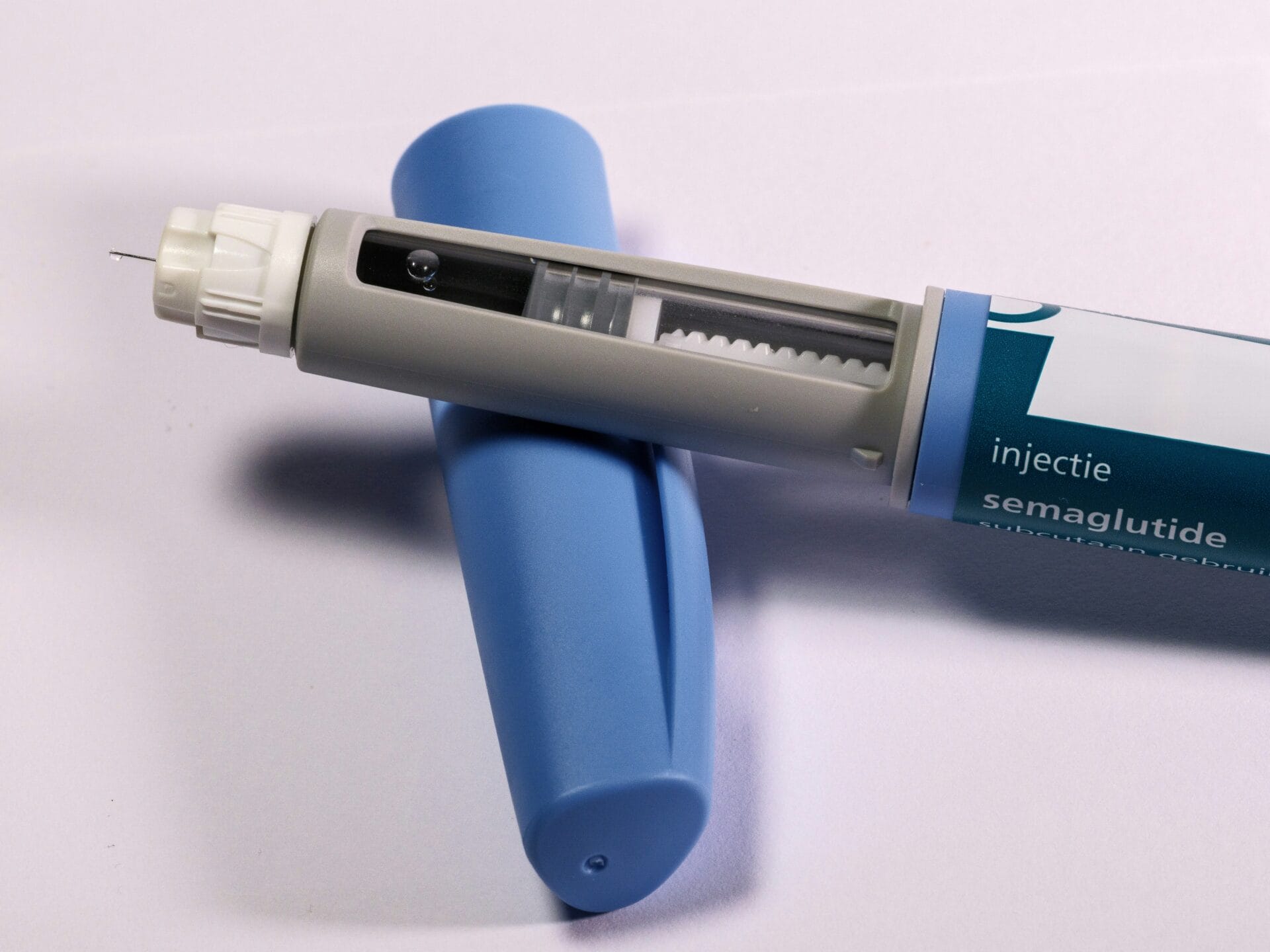Ozempic (Semaglutide) has been all over the news lately. It started as a diabetes medication, but now heaps of people are using it to lose weight. While it does help with weight loss and blood sugar, it can also mess with your mouth. We’re talking dry mouth, tooth decay, and acid damage… stuff that most people don’t see coming.
At Pennant Hills Dental Centre, we’re seeing this more and more. We’re a trusted local dental clinic with over 40 years of experience helping families in Sydney look after their teeth. So when something new starts affecting people’s oral health, we think you should know about it.
In this article, we explain what Ozempic (and other similar meds) are, what they can do to your teeth and gums, and what you can do to stop the damage before it starts.
What is Ozempic, and how does it work?
Ozempic (Semaglutide) is a medication originally made for people with type 2 diabetes. These days, it’s also used as a weight loss aid, and that’s what’s made it soar in popularity.
It works by copying a natural hormone in your body called GLP-1. That hormone helps control your blood sugar, slows down how fast your stomach empties, and makes you feel full for longer. All of that means you eat less and your blood sugar stays steadier.
There are other versions of it, too. Wegovy is basically the same drug as Ozempic, just used more for weight loss than diabetes. Mounjaro is another one that works in a similar way, but is based on a different compound called tirzepatide. They all do similar things, and they all come with similar side effects.
Oral health side effects of Ozempic (and similar drugs)
Most people taking Ozempic aren’t thinking about their teeth. But the reality is that it can cause a few issues in your mouth. This is especially true if you’re on it long term. Here are a few things to look out for:
- Dry mouth (also called xerostomia): This one’s really common. Ozempic can slow down saliva production. Less saliva means your mouth dries out quicker. That’s a problem because saliva protects your teeth. It washes away food, balances acids, and helps stop decay. Without it, your mouth becomes a perfect place for cavities to develop.
- Nausea, vomiting, and reflux: Lots of people on Ozempic feel sick or throw up, especially when they first start using it. Vomit is full of stomach acid, which eats away at tooth enamel. Even just ongoing reflux (that slow burn creeping up your throat) can do the same thing. And, unfortunately, enamel doesn’t grow back once it’s gone.
- Eating less = fewer nutrients: Some people on Ozempic hardly feel hungry. So, they skip meals or cut out whole food groups. That can lead to vitamin and mineral deficiencies. Your gums and soft tissues need nutrients to stay healthy. Without them, healing takes longer and infections are more likely.
- More decay and gum problems: Put it all together (dry mouth, acid exposure, and a limited diet) and you’ve got a recipe for tooth decay and gum disease. You might not notice anything at first. But over time, you could end up with cavities, receding gums, or even loose teeth.
And remember, it’s not just Ozempic. Wegovy, Mounjaro, and other GLP-1 meds can cause the same oral health issues.

Why regular dental visits are essential
Most of the damage Ozempic and its counterparts can do to your teeth happens quietly. You might not see or feel anything at all… until it’s too late.
Dry mouth? You won’t notice it until your teeth start getting sensitive or you suddenly get a bunch of new cavities. Reflux? It slowly wears away enamel, day by day. Nutrient deficiencies? You won’t spot them until your gums are bleeding or your mouth takes ages to heal after something simple, like flossing or a filling.
That’s why seeing your dentist for a check-up regularly is such a big deal.
We can spot the warning signs early on, before things spiral. We look for subtle changes in your enamel, gum health, and saliva flow. We also check for signs of erosion and inflammation that you probably wouldn’t notice on your own.
Seeing your dentist regularly while using these kinds of medications (and always) helps you stay on top of things, so small issues don’t turn into big, uncomfortable, and costly ones later.
Protecting your oral health while using Ozempic
If you’re on Ozempic, or thinking about starting, you don’t need to panic. But you do need to be proactive. A few small habits can make a big difference when it comes to protecting your teeth and gums. For example:
- Sip water all day: Don’t wait until your mouth feels like sandpaper. Keep a bottle with you and take small sips often. It can help you fight dry mouth and keep things flowing.
- Chew sugar-free gum: It’s not just for fresh breath. Chewing helps get your saliva going, which is exactly what your teeth need. Go for one with xylitol if you can, as it helps stop bacteria from sticking to your teeth.
- Use a fluoride toothpaste: Fluoride strengthens your enamel. If your mouth’s drier than usual or your teeth feel more sensitive, it’s non-negotiable. Brush twice a day, gently.
- Cut back on acidic stuff: Soft drinks, citrus, vinegar, even wine all wear down enamel. If you’re having any of these, drink water straight after to wash the acid off your teeth.
- Don’t brush right after vomiting: If you’ve been sick or had reflux, don’t reach for your toothbrush straight away. Acid softens your enamel. So, if you brush too soon, you can scrub it off. Rinse with water instead, waiting at least 30 minutes before brushing.
- Book your dental check-ups: Don’t skip the dentist just because nothing hurts or looks suss. We can spot problems early, give your teeth a proper clean, and help you manage dry mouth or erosion before things get worse.
Your Pennant Hills Dentist
Ozempic, Wegovy, Mounjaro… they all have their place. For a lot of people, they’re helping with serious health stuff like diabetes or obesity. But they can also cause a few issues with your teeth and gums. And that’s the part that often gets overlooked.
The good news is that you can do something about it. You don’t have to wait until your mouth feels dry, your teeth start hurting, or your gums start bleeding. You just need to monitor it.
At Pennant Hills Dental Centre, we know what to look for. We know how to manage dry mouth, acid wear, gum issues, and all the stuff that can sneak up on you when you’re on these kinds of meds. If you’re taking Ozempic or anything similar, now’s a good time to book a check-up. Even if everything feels fine.Together, we can catch problems early, keep your teeth strong, and make sure your health journey doesn’t come at the cost of your smile. Book an appointment with us today. We’re here to help.



